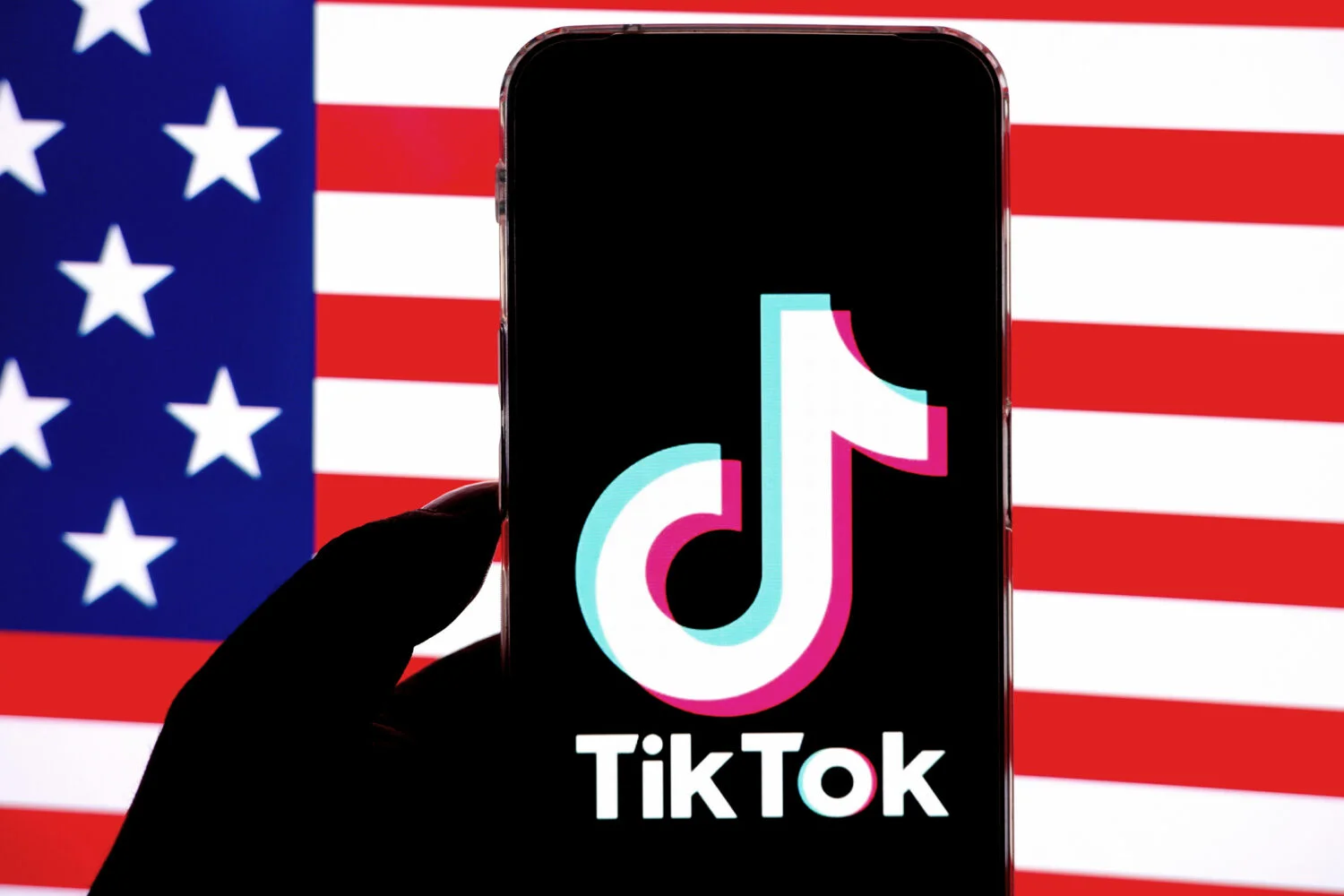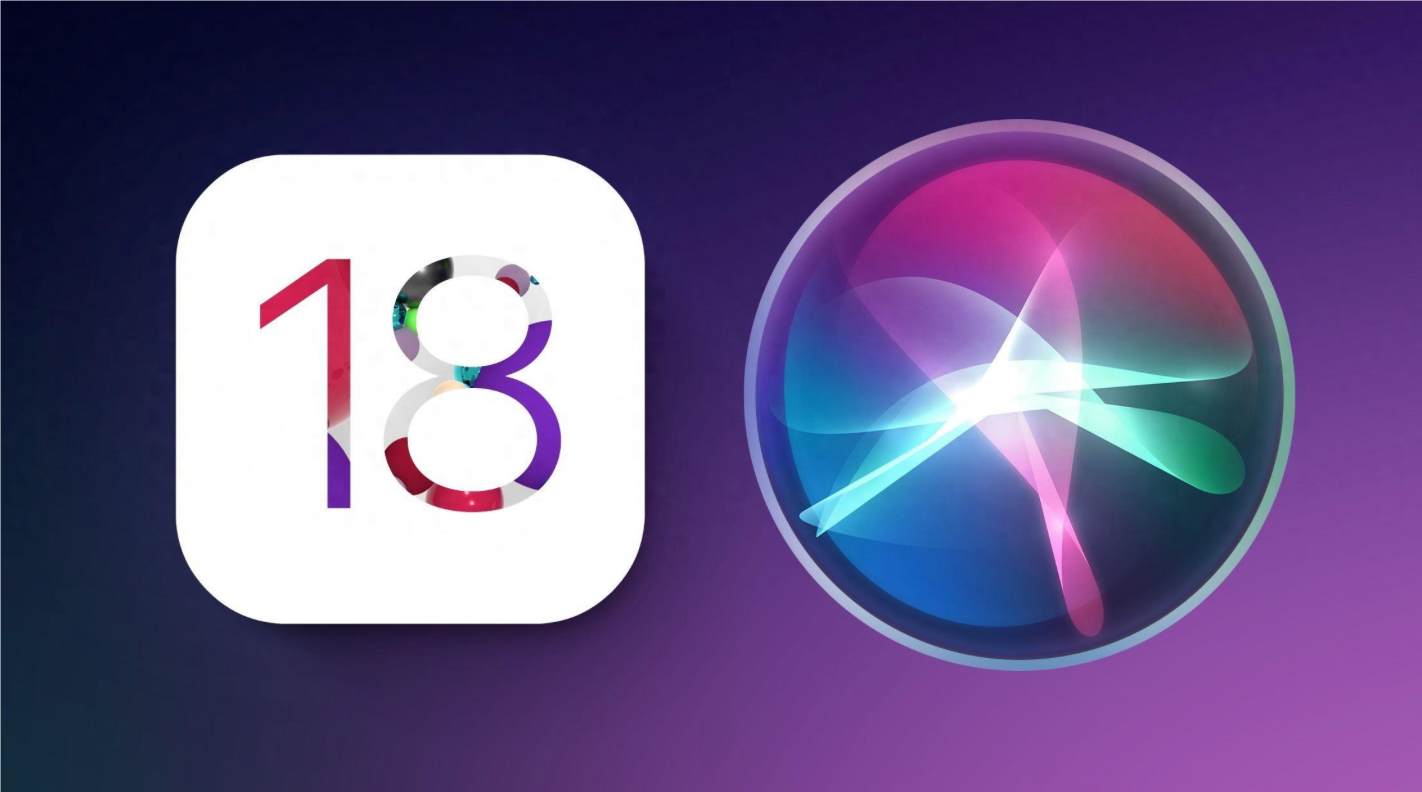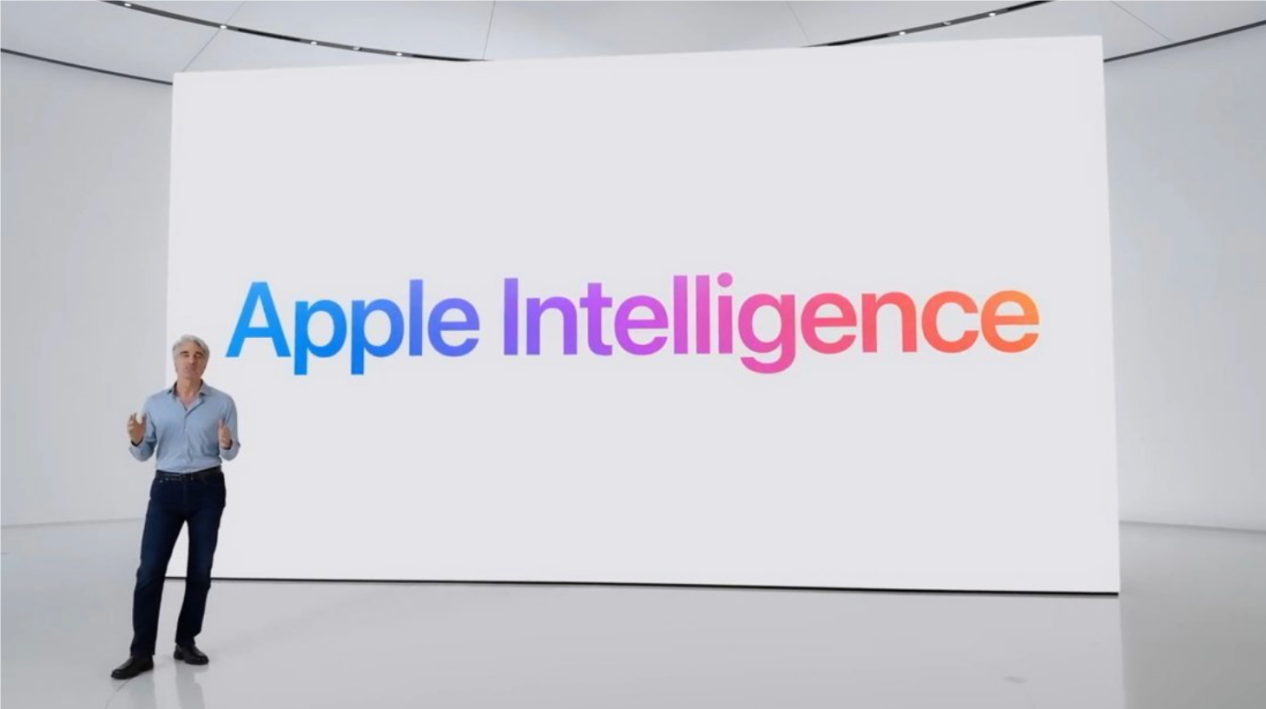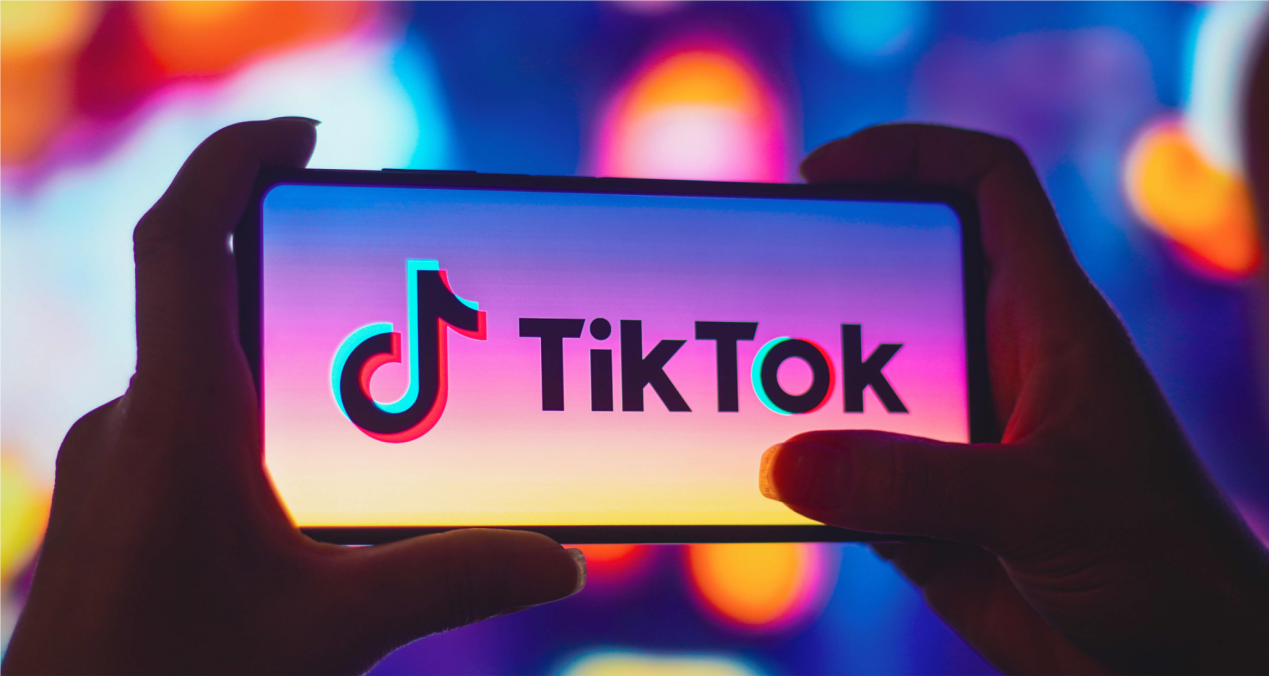Introduction
Spotify, founded in 2006 by Daniel Ek and Martin Lorentzon, has revolutionized the music streaming industry. Launched in 2008, it has grown to become the world's leading music streaming service, with millions of users across the globe. This article explores how Spotify has transformed the music industry, its key features, and its impact on artists and listeners alike.

The Rise of Spotify
Spotify emerged at a time when the music industry was grappling with the decline of physical album sales and the rise of digital piracy. By offering a legal, user-friendly alternative, Spotify quickly gained traction. It provided an extensive library of music that users could access instantly, either for free with ads or through a premium subscription without ads. This model not only appealed to consumers but also offered a new revenue stream for artists and record labels.
Key Features
1. Extensive Music Library
Spotify boasts a vast music library with over 70 million tracks, spanning various genres and languages. This extensive collection ensures that users can find almost any song they want, from mainstream hits to niche genres.
2. Personalized Recommendations
One of Spotify's standout features is its sophisticated recommendation algorithm. Using data from users' listening habits, Spotify curates personalized playlists like "Discover Weekly" and "Daily Mix," introducing users to new music tailored to their tastes. This has transformed the way people discover music, making it easier and more enjoyable.
3. Playlists and Social Sharing
Spotify allows users to create, share, and follow playlists, fostering a community of music lovers. Collaborative playlists enable friends to add songs together, while social sharing features allow users to post their favorite tracks and playlists on social media.
4. Podcasts and Exclusive Content
In addition to music, Spotify has invested heavily in podcasts. It offers a wide range of podcasts, from popular shows to exclusive content. Spotify's acquisition of podcast companies like Gimlet Media and exclusive deals with creators like Joe Rogan have solidified its position as a leading podcast platform.
5. Offline Listening and Cross-Platform Availability
Spotify Premium users can download music for offline listening, making it convenient for on-the-go use. Furthermore, Spotify is available on various devices, including smartphones, tablets, computers, smart speakers, and even cars, ensuring seamless access to music anytime, anywhere.
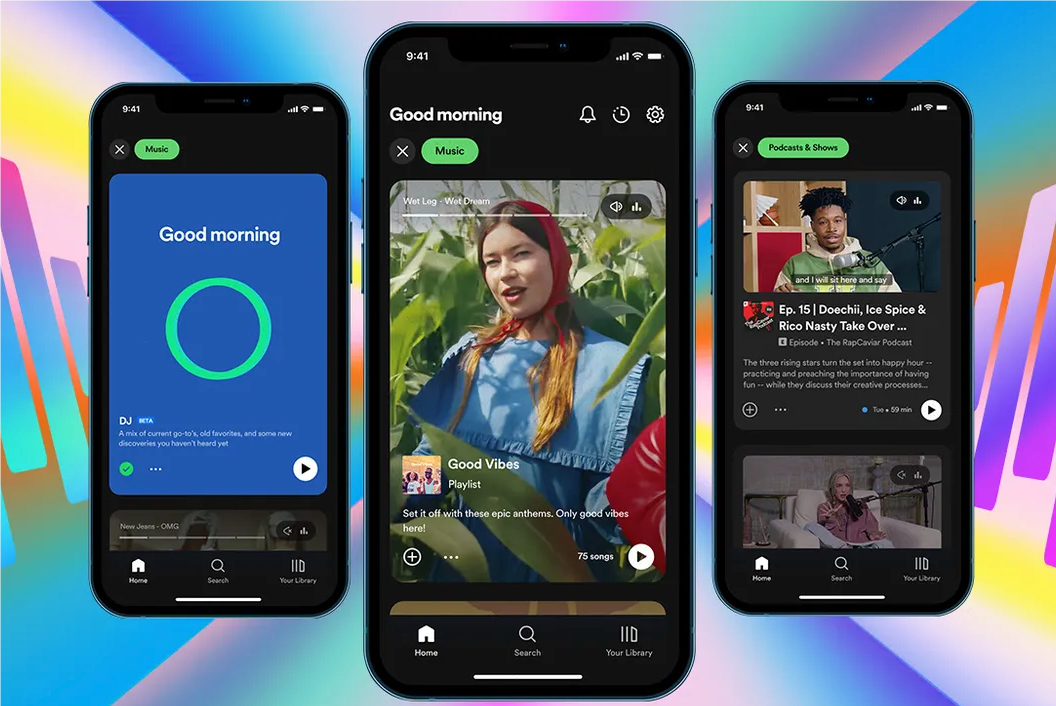
Impact on the Music Industry
1. Changing Revenue Models
Spotify's streaming model has shifted the music industry from a sales-based model to a streaming-based one. While this has been a contentious issue, with some artists criticizing the payout rates, it has also provided a steady revenue stream and broader exposure for many artists, particularly emerging ones.
2. Democratizing Music Discovery
Spotify's recommendation algorithms and curated playlists have democratized music discovery. Independent artists now have a platform where they can reach a global audience without the need for a major record label. This has led to a more diverse and vibrant music landscape.
3. Data-Driven Insights
Spotify provides artists with detailed analytics on how their music is being consumed. This data-driven approach allows artists to understand their audience better, tailor their marketing strategies, and plan tours more effectively.
Challenges and Criticisms
Despite its success, Spotify faces several challenges. The primary criticism is the payout structure for artists. Many artists feel that the royalties paid by Spotify are insufficient, leading to debates about fair compensation in the streaming era. Additionally, Spotify faces intense competition from other streaming services like Apple Music, Amazon Music, and Tidal, each vying for market share.
Future Prospects
Looking ahead, Spotify continues to innovate and expand its offerings. The company is exploring new ways to enhance user experience, such as integrating more interactive features and expanding into new markets. Additionally, Spotify is investing in original content and technology to stay ahead in the competitive streaming landscape.
Conclusion
Spotify has undoubtedly transformed the music industry, offering a platform that has changed the way we listen to, discover, and share music. Its innovative features, extensive library, and focus on personalized user experience have made it a favorite among music lovers worldwide. As Spotify continues to evolve, it will likely remain at the forefront of the music streaming revolution, shaping the future of the industry for years to come.



